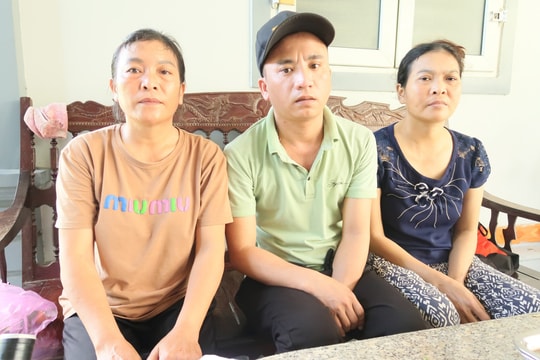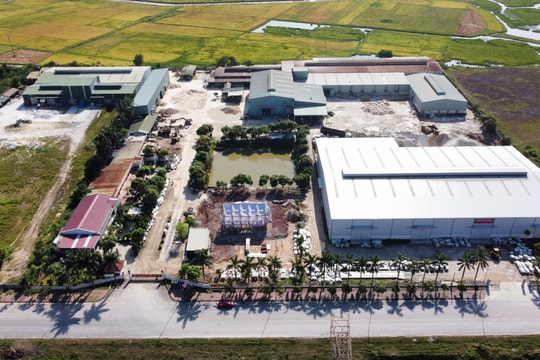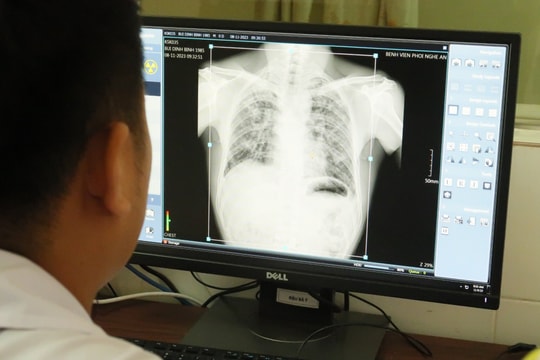Enterprises in Nghe An province have not strictly implemented periodic health check-ups for workers.
(Baonghean.vn) - The heartbreaking incident at Chau Tien Company Limited is like an alarm bell about the lack of occupational safety and hygiene and occupational disease control. Currently, in the whole province, occupational diseases and periodic health check-ups for workers in enterprises have not received due attention.
Cognitive gaps
Visiting a construction stone supplier in Vinh city, the first image that catches everyone’s eye is the stone cutters working in extremely simple clothes. No hats, caps or masks, stone dust covers the hair, eyebrows, eyelashes and sticks thickly to the skin and clothes of the workers.
“Wearing a mask is uncomfortable, cumbersome, and hot. I know that rock dust is not good for the respiratory system, but I have to accept it. Life and death are determined by fate,” said Le Hai D., a worker born in 1985, when reminded by the business owner to wear a mask while working.
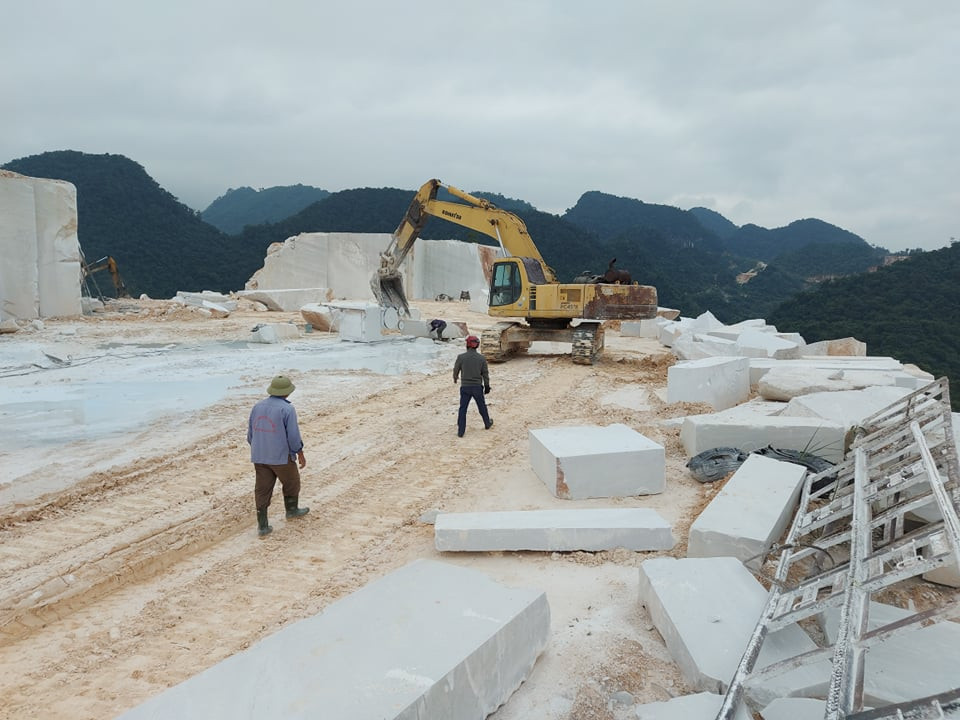
Regarding the toxic factors at work, Ms. Nguyen Thi D. - a worker at a leather shoe company shared: "Not only me, many of my colleagues also like to work in departments with high toxic factors to get extra allowances. However, when working in this toxic environment, because of laziness and shyness, very few people strictly follow the regulations on labor protection, occupational safety and hygiene as well as go for regular check-ups."
In 2023, there were 9 employees who used to work at the Company.Chau Tien Company Limited(Nam Cam Industrial Park - Nghi Loc district) suffered from diseases related to exposure to silica dust and toxic chemicals, of which 5 people died and 4 people had to receive long-term treatment. The cause of the incident was that the employer did not provide occupational safety and hygiene training to workers, did not organize periodic health check-ups, did not conduct occupational disease screening for workers, did not monitor the working environment, violated technical safety regulations, and lacked inspection and supervision.
According to the representative of the Department of Labor, War Invalids and Social Affairs, compliance with legal regulations on occupational safety and hygiene of some units and enterprises, especially small and medium enterprises, is still limited; employers are not really interested in occupational safety and hygiene, such as: not attending or sending people to attend training courses organized by competent authorities; not organizing periodic health check-ups, occupational disease detection check-ups; not classifying laborers doing heavy, toxic, dangerous work; not monitoring the working environment; not providing adequate labor protection; not organizing occupational safety and hygiene training for workers...
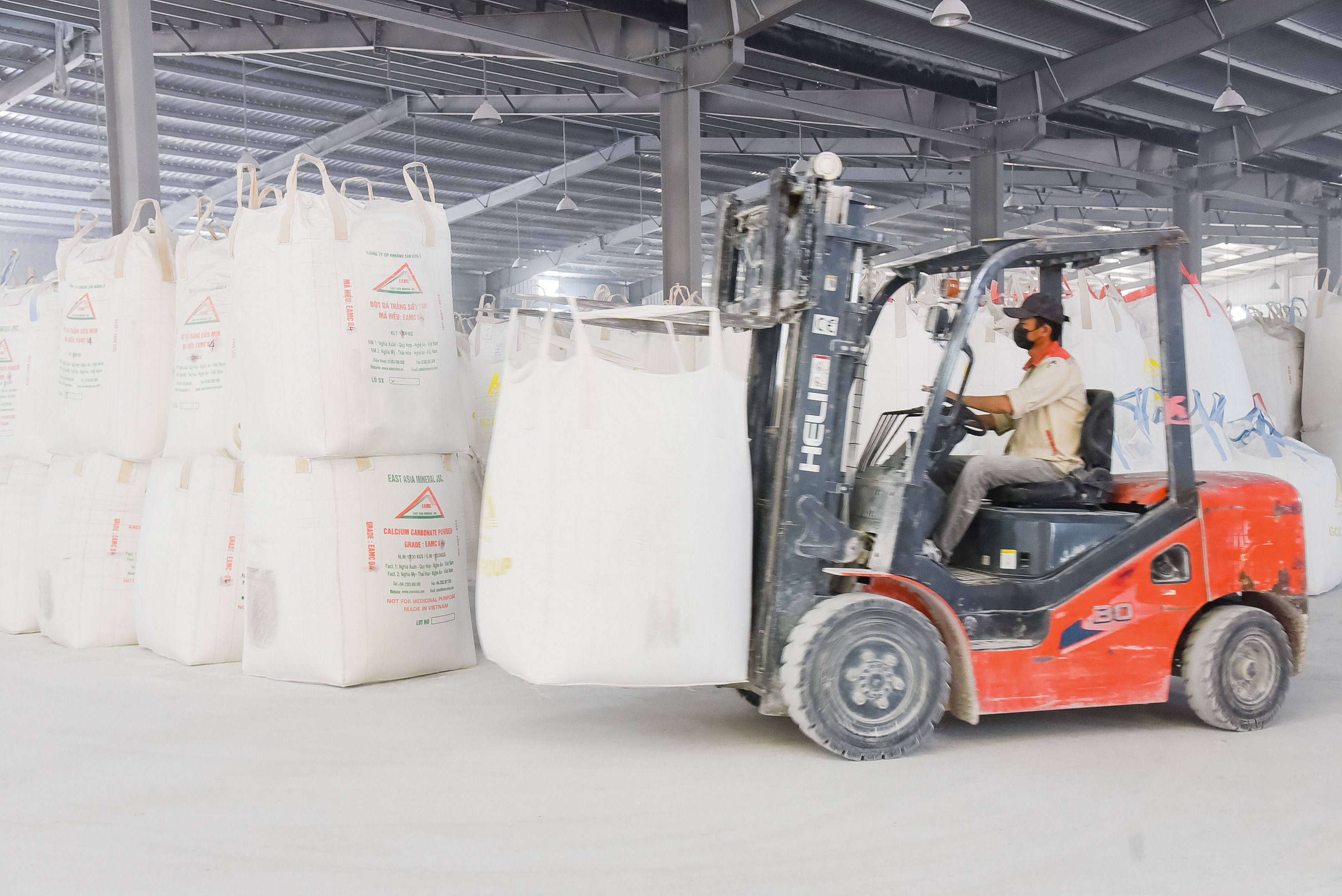
However, besides employers who intentionally ignore this content, there are also those who have a "headache" because even though they have provided adequate labor protection and have disseminated enough knowledge, workers still do not comply.
“In my company, there are permanent and seasonal workers. For permanent workers, we have hazard allowances and money for workers to have regular health check-ups, but most of them do not go for check-ups and do not comply with occupational safety and hygiene regulations,” said Ms. Le Quynh Trang, owner of a natural stone supplier for construction projects.
According to the Department of Health's report, in the first 10 months of 2023, the Department conducted occupational health examinations for 35 units, with a total of 15,823 workers; conducted examinations for occupational diseases: Tuberculosis, silicosis, bronchial asthma, whole-body vibration, local vibration, deafness, dermatitis, skin pigmentation, chemical poisoning, bronchitis for 14 units, with 2,751 workers. At the same time, the working environment was monitored at 15 production facilities, with a total of 1,645 physical samples and 1,240 chemical samples.
Lack of deterrence?
Inspection and examination work by competent authorities at enterprises plays an important role in compliance with policies and laws on occupational safety and hygiene at enterprises in general and occupational diseases in particular.
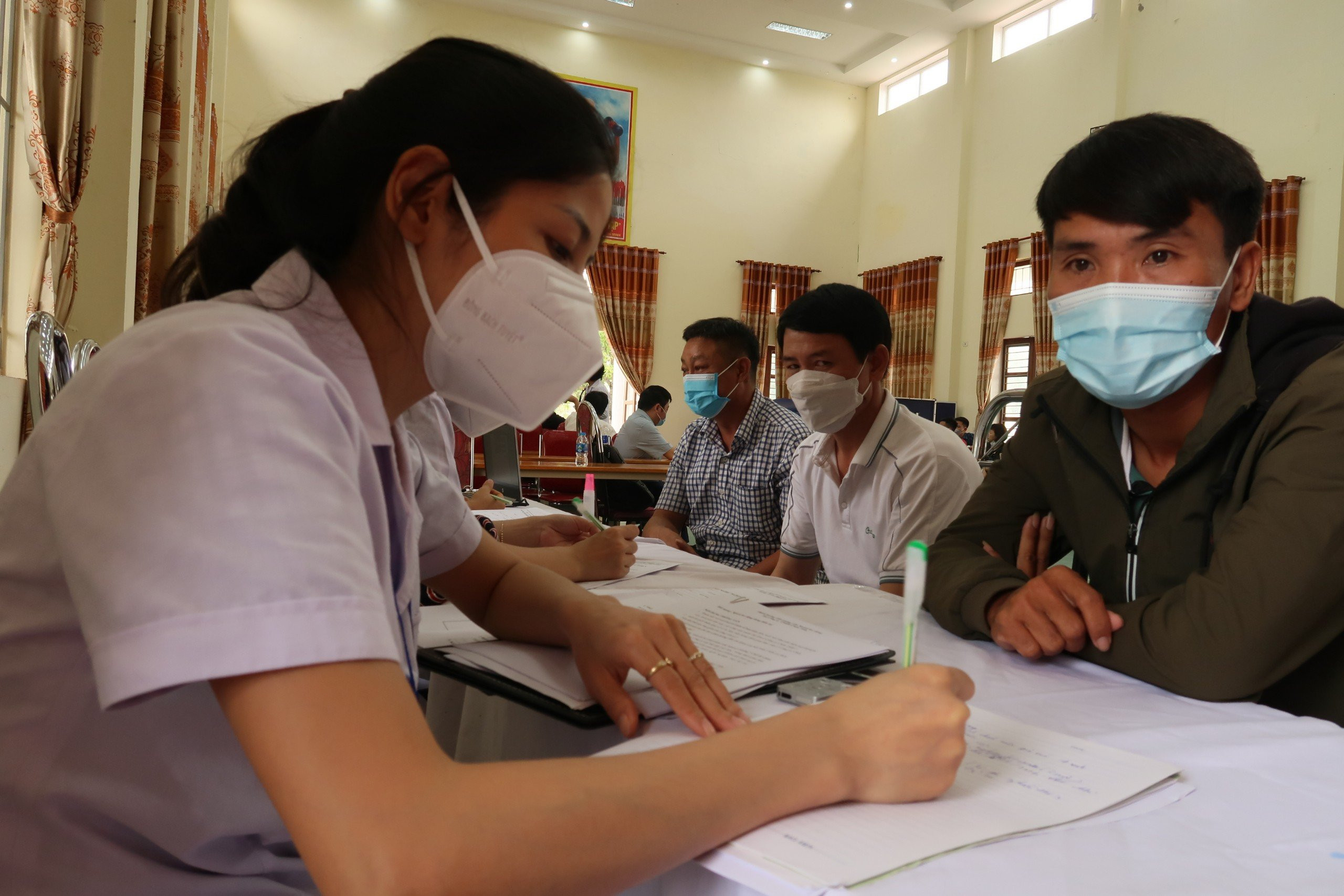
In 2023, the Inspectorate of the Ministry of Labor, War Invalids and Social Affairs coordinated with the Department of Labor, War Invalids and Social Affairs and the Social Insurance of Nghe An province to inspect compliance with the law on social insurance, occupational accident insurance, and occupational diseases at 10 agencies and enterprises in the area. The Provincial People's Committee also deployed 2 interdisciplinary teams to inspect compliance with the law on minerals (including the law on occupational safety and hygiene) at 24 mineral enterprises.
Departments, branches and localities have also conducted many inspections and supervisions on labor, occupational safety and hygiene, and social insurance at nearly 1,000 production and business units. Of which, the Department of Health inspected 6 district and town medical centers and 642 establishments and enterprises; the Department of Construction inspected and guided 124 agencies and construction works; the Department of Labor, Invalids and Social Affairs inspected 25 enterprises; the Department of Natural Resources and Environment inspected 25 units and enterprises; the Provincial Labor Federation inspected and supervised 6 enterprises; the People's Committee of Nghi Loc district inspected 28 enterprises; the People's Committee of Nam Dan district inspected 23 enterprises...
Through inspection, the inspection and supervision teams requested the units to overcome the shortcomings in occupational safety and hygiene work such as: Employers have not organized initial and periodic training on occupational safety and hygiene; have not organized periodic health check-ups; have not provided adequate personal protective equipment for workers; have not monitored the working environment; have not declared the use of machinery, equipment, and materials with strict requirements on occupational safety and hygiene...
It can be affirmed that the number of enterprises and units inspected, examined and trained is not small. However, the number of remedial measures and implementation is not high. Directly participating in monitoring the compliance with policies and laws on occupational safety and hygiene at a number of enterprises, Mr. Hoang Thanh Binh - expert of the Department of Legal Policy - Labor Relations, Provincial Labor Federation said: "Most of the enterprises, from the beginning, lacked labor classification or classified them in an emotional way. In addition, the management and supervision after inspection and examination were not strict, leading to the situation of "back to the same old". Many enterprises have been pointed out for violations and limitations but have not been able to overcome them well."
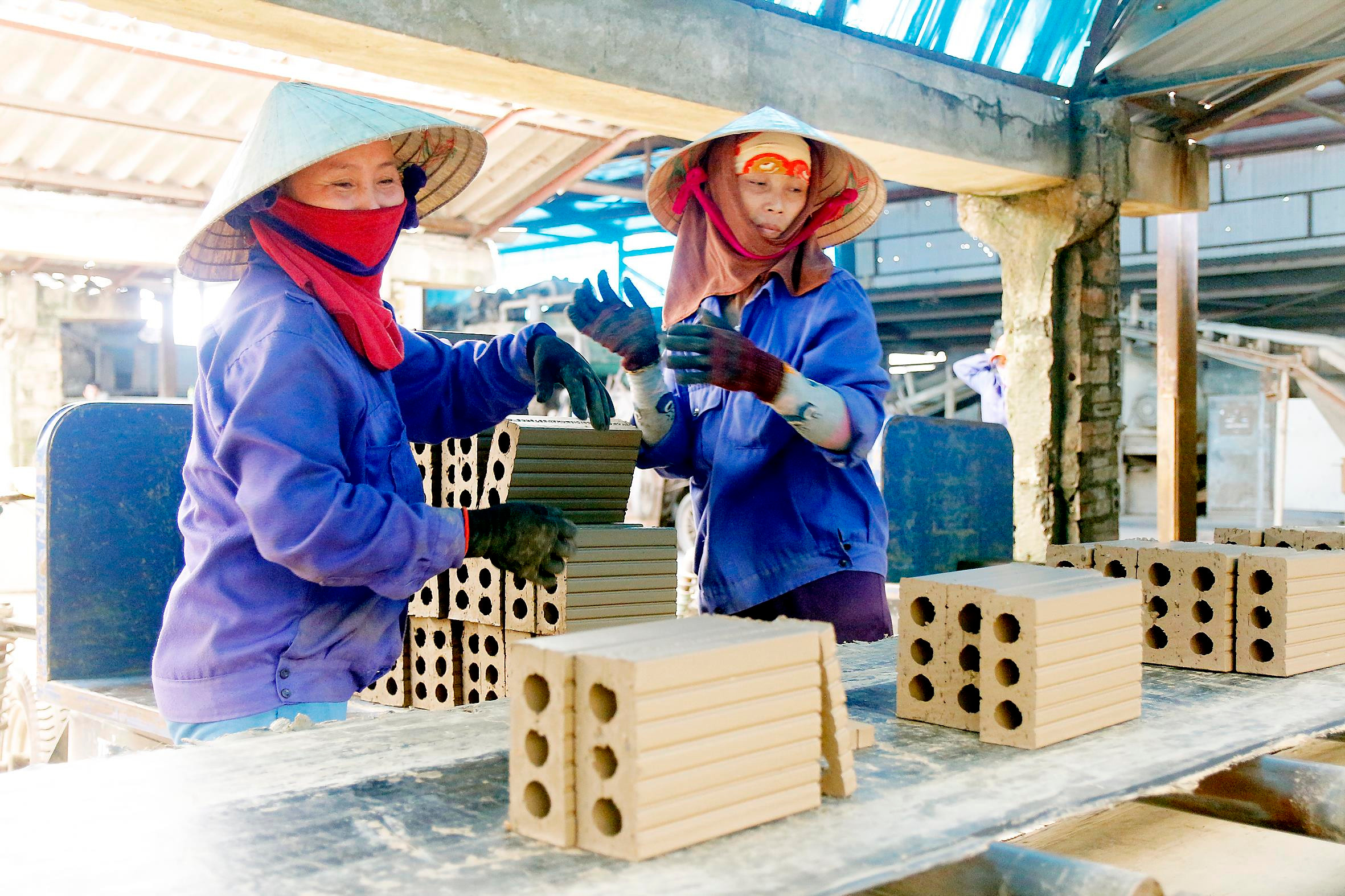
Sharing the same view, the representative of the Department of Labor, War Invalids and Social Affairs also said that the direction and implementation of occupational safety and hygiene, especially in the field of occupational hygiene of some agencies and authorities have not received due attention, the coordination between sectors and functional agencies is not regular. In addition, some provisions in legal documents are not close to reality, the handling through inspection, examination and investigation is not really strict, only has the nature of reminders and guidance.
In addition, State management officials in charge of the field of occupational safety and hygiene are mainly part-time; the specialized inspection force for occupational safety and hygiene is small in quantity and of uneven quality (most of them are not trained in specialized knowledge of science and technology); the State budget still has many difficulties, therefore, the annual allocation of funds for State management activities on occupational safety and hygiene is still limited...
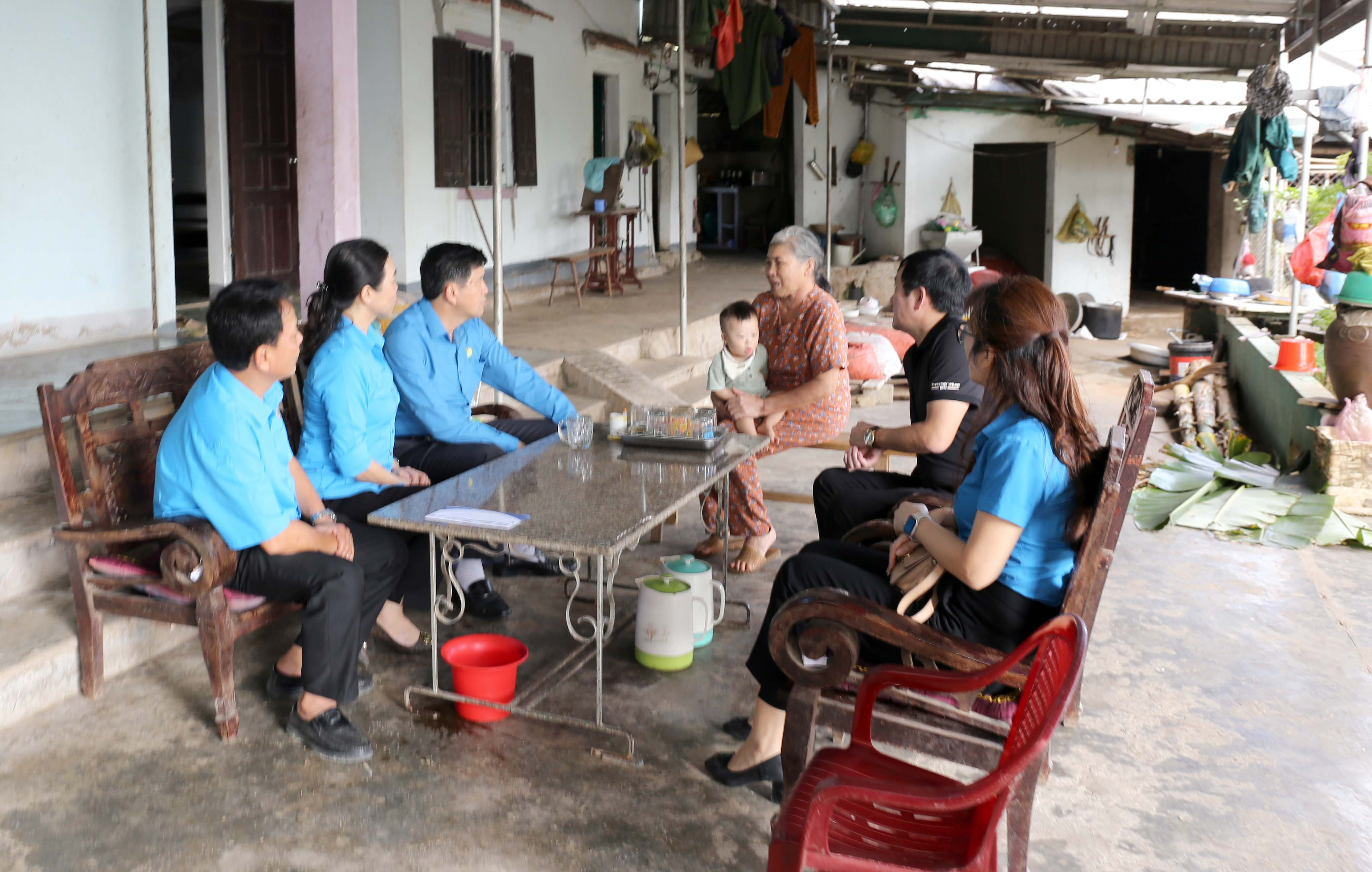
When limitations in awareness, perception and inspection and supervision have not been thoroughly overcome, the implementation of occupational safety and hygiene in general and periodic medical examinations for workers in high-risk enterprises in particular will be very difficult to carry out.

